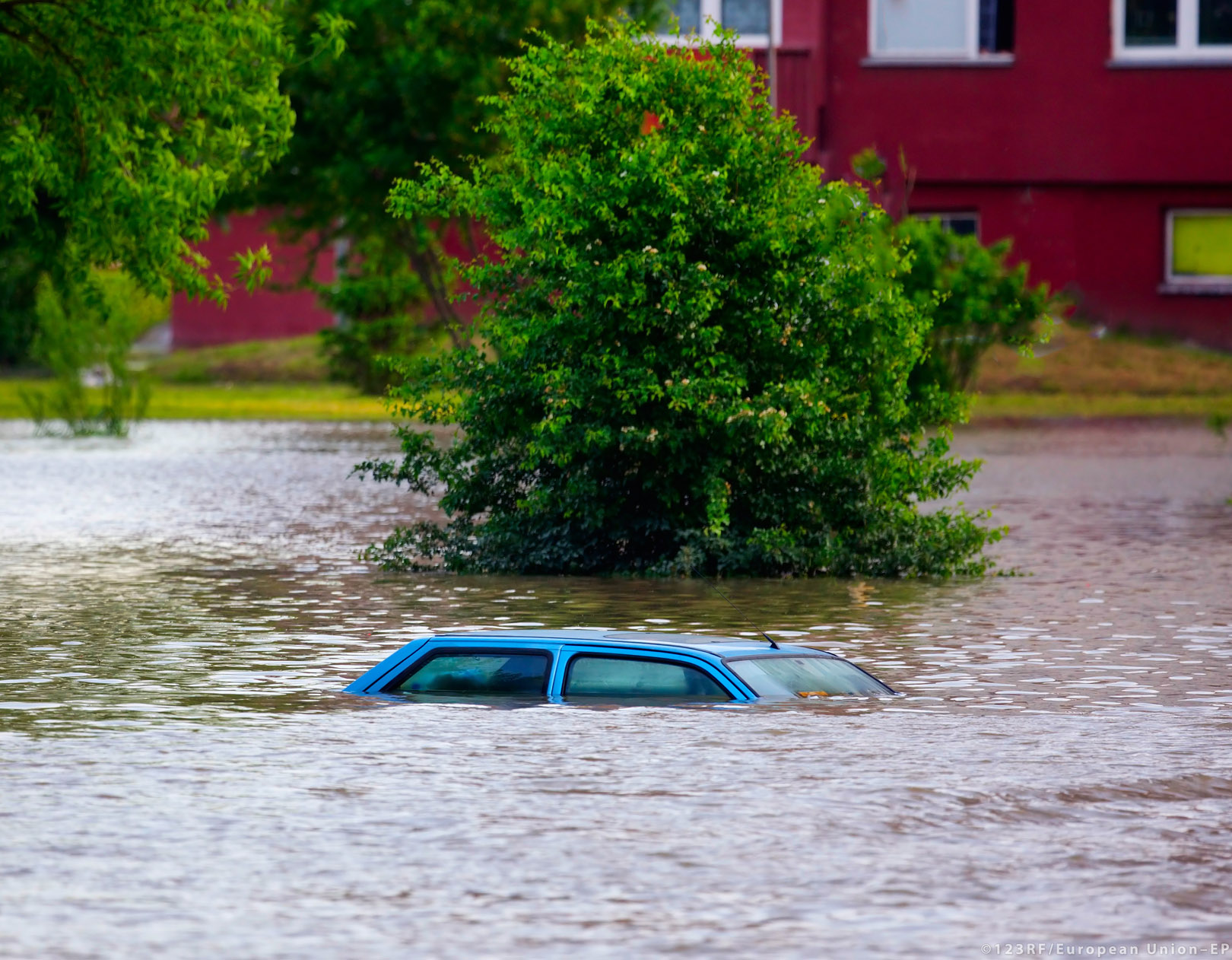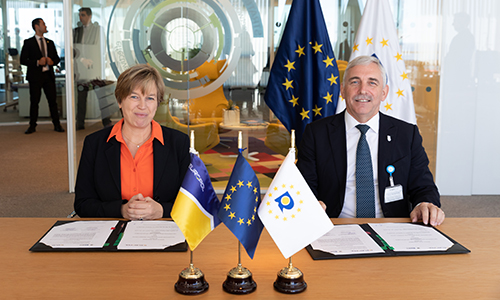Remarks by Mário Centeno following the Eurogroup meeting of 7 November 2019
We had a rather promising Eurogroup today. Last month we have managed to land the euro area budgetary instrument project, today I sensed a fresh new impetus to develop other important avenues to further strengthen the euro.
Let me start with our thematic discussion on investment and innovation.
We heard from the Commission that the Euro area underinvests in research and innovation compared to our more dynamic competitors. In particular, expenditure in R&D from the private sector remains low compared to Japan, the US or China.
We all agree this needs to change – and indeed this was a main conclusion from our discussion of the economic situation last month. The question is how.
The Commission argued for a set of national and European initiatives to promote an effective innovation system.
For this discussion, I invited Albert Bravo-Biosca, who is an expert in innovation policy. He emphasised the crucial role of policy design: namely how experimental approaches can improve the efficiency of public policies supporting innovation and maximise their return. He made concrete proposals on how a small portion of public investment, for instance via BICC, and a less fragmented regulatory regime for innovators can make a huge difference.
Our discussion was broader. Innovation fosters productivity and competitiveness of the monetary union, enhancing its resilience and promoting convergence. This was very timely food for thought, also given the need to implement sound policy responses to counter the slowdown.
In its autumn forecast released earlier today, the Commission confirmed this decelerating trend. Pierre Moscovici presented his forecast to ministers and I expect him to say a few words on that in a moment.
On fiscal aspects of the forecast, we will come back next month when we look at the Commission Opinions on the Draft Budgetary Plans.
Another important avenue today is our discussion on strengthening banking union, including the European Deposit Insurance Scheme – also known as EDIS. The Chair of the High Level Working Group informed us about the good progress in their discussions at deputy finance minister level. They have been discussing the features of a steady state banking union, including a fully-fledged EDIS but also others elements such as insolvency laws, cross-border integration, regulatory treatment of sovereign exposures and a safe asset.
Today we also heard a proposal from Germany on banking union. We all welcomed this contribution; it signals a clear commitment to engage with European partners on a much-needed debate to complete the banking union. This is still a difficult discussion and we will need to move step by step, but this is not different from what we do in Europe in other instances. I sense a new mood in the room and I hope that next month we will be able to agree on a roadmap to start political negotiations on this very important file.
Other elements of our euro area reform are more advanced. And an agreement on implementation details has been brewing at technical level.
On ESM reform, as you may recall, we broadly agreed on Treaty changes in June and Leaders asked us to work on the legal documentation. The aim being to conclude on the full package in December.
Let me give you a state of play on this file. Intense technical work has been underway and some of these legal documents have been agreed and closed. Notably the Amended ESM Guideline for precautionary programs and the common methodology on Debt Sustainability Analysis. The Memorandum of Cooperation between the Commission and the ESM is also almost closed.
Today we focused on the common backstop. Part of the job is already done and work is advanced on the Guideline and Board of Governors resolutions. We will come back to the backstop, including the early introduction, at our next meeting, on 4 December. I am confident that we will finalise the pending issues and conclude the full package.
Finally, we did a short follow up from our October agreement on the euro area budgetary instrument. The legislative acts that set up BICC are underway. The legislative work has started under the Finnish Presidency. Several members asked for a dedicated regulation on the BICC on the grounds that it is a standalone instrument. Of course, this is something to be sorted out in the legislative process. We will work further on the IGA, which was one of the workstreams still open following our October meeting. We’ll come back to this next year.
Let me end with a few quick notes.
Today we welcomed Christine Lagarde in her new capacity as President of the ECB. Christine has participated in the Eurogroup in different capacities for many years. She brings a wealth of experience into this new position and I know we can look forward to excellent cooperation.
Still, on the ECB, the Eurogroup gave its unanimous support to Prof. Isabel Schnabel to become member of the ECB Executive Board.
The Council is now expected to adopt tomorrow a formal recommendation to the European Council, who will be in a position to confirm the appointment, after consulting with the European Parliament and the ECB.
On Portugal, following the appointment of the new government, I asked Ricardo Mourinho Felix to present the policy priorities of the new government to the group, as it is usual in these cases.
Finally, we said goodbye to Harris Georgiades today. Recent meetings have been calmer for Harris than when he joined the Eurogroup in 2013 and that is a reflection of the huge progress that was made in stabilising the Cypriot economy.
Last month we also said goodbye to Pierre Moscovici, but he came back to us for – at least – one more meeting.



